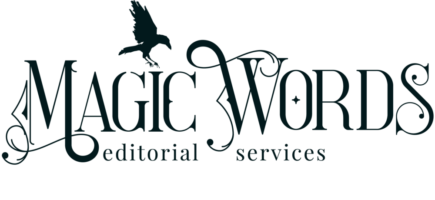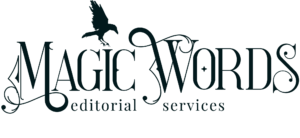
5 Myths About Editing and Editors You Shouldn’t Believe
If you’re a newbie indie author ready to release your book baby into the world, you’re probably looking for all the advice you can get about what comes after the draft is done, especially pertaining to editors and the editing process.
Be careful, sweet summer child. There are a lot of falsehoods about editing and editors floating around the internet and even in well-meaning writing groups that just shouldn’t be taken as fact. I see the misinformation all the time on social media and writing-related forums, so here are five myths about editing and editors you shouldn’t believe—and the actual truth about each one.
No one cares about or even notices errors in books
One of the most common myths I hear repeated by self-publishing authors is the belief that readers won’t notice or care about grammatical errors, spelling mistakes, or typos if the story is good. And if readers don’t care, then authors can get away with not editing or doing the bare minimum of self-editing.
This is one hundred percent FALSE. Just browse through book reviews on Amazon sometime, paying close attention to those scathing one-star gems. The majority of the time in such reviews, those harsh critics specifically call out mistakes and errors in the text.
Still don’t believe me? I cribbed this post in a readers group on Facebook just this week:
“Amazon is flooded with works published without any type of editing or review. I used to be able to buy anything in my genre and be confident it would be a good read. Now I download books that seem more like they’re written by 10yr olds with story lines that you can barely follow or no editing.”
Ouch.
Yes, story does matter—it’s the foundation of a book, after all. But, while it’s true that readers might not know esoteric grammar rules and guidelines or the finer points of British English and how it differs from American, they do have a strong grasp of right and wrong syntax and when a word looks “off” thanks to a lot of experience reading traditionally published books that hold a high bar for clean copy. (At least they did in the past—I’m finding more and more mistakes in trad-pubbed books myself.)
So, don’t believe the line that readers won’t care. They will, and they’ll hold your story to a high standard in their reviews. Don’t want your novel dinged for such low-hanging fruit as misspelled words and grammar slip-ups? Hire a professional editor to fix those for you.
I don’t need a professional editor—anyone good at writing can edit
Another myth that fights for a top spot with “no one cares” for commonality is the argument that anyone good at writing or with a degree in English can be an editor, or the retort that “editing” is what beta readers are for.
No. A story for you:
I was always the kid in high school language arts classes acing spelling tests and correcting my friends’ term papers. After high school, I graduated back in the dark ages of the 1990s with a bachelor’s degree in English and additional training as a teacher. I taught grammar rules and creative writing to my students. After I left teaching, I went on to write and edit for corporate communications, where I encountered style guides for the very first time (I had never even heard the term style guide before). I knew grammar and could spell anything, therefore I thought I knew all there was to know about how to edit a fiction novel.
Oh, my friend. I was so, so wrong.
Editing fiction to traditional-publishing standards is a totally different animal. It requires deep knowledge of the Chicago Manual of Style, plus a million other conventions that CMOS doesn’t directly address. It wasn’t until I completed an editing-specific certificate program that I understood proper editing workflow and practices and theories, which I use every day to help my projects run smoothly (especially those extra-long manuscripts).
Do beta readers or English teachers have that same in-depth editing skill? English teachers know education and general writing and literature. They are heroes! But are they experts in CMOS? Beta readers can give amazing general insight into what isn’t working for their particular reading preferences, but can they offer suggestions and ideas for fixing the issues based in craft theory and best practices?
Editors are too expensive and not worth the money
I get it. The expense of having your book professionally edited can be daunting, especially if you’re a first-time author self-publishing your book. The brutal truth is there is absolutely no guarantee that your sales will make up for all the money you sink into your novel.
Guess what? That’s the business of publishing, and that’s the same gamble a traditional publishing company makes on every single book. But they still consider competent, skilled, professional editing an absolute must.
Publishing a book is a business, and your story is your product. Remember those one-star reviews I mentioned earlier? How many sales are lost because potential readers skimmed those reviews and decided to pass on that book? Would the money from those lost sales have covered the cost of at least a copyedit or final proofread? Those authors will never know.
Editing is a service, and like any service, the more you invest in it the better your results will be. No editor can guarantee perfection, but one with training and experience will help your book get close.
Yeah, but, what about hiring an editor from Fiverr, or one who claims he can edit your 100,000-word fantasy saga for $100? That should be good enough, right? At least the book gets edited that way.
I say: an editor with the bona fides to do a professional job knows the value of her time and expertise and charges accordingly. You really, really do get what you pay for with this highly skilled and high-touch professional service.
I don’t need more than one round of editing
This myth makes the rounds occasionally in writing groups full of new authors who mostly just want to be done with the dang thing and get it published already.
Slow down there, skippy.
There’s a reason it can take up to two years for a book to be published by a traditional house. Even those amazing books have to go through multiple rounds of editing: story craft, sentence-level, copyediting, proofreading, etc.
One round of editing won’t (or shouldn’t) catch every potential problem in a novel. There are just too many of them in a first, or second, or even third draft. Editing should be done in stages, with each stage focused on a different aspect of the book, from the big picture to the finest detail, refining it more and more at each level.
Ideally, each level would be handled by a professional, just like with a book put out by the Big Five, since multiple fresh eyes are more able to catch mistakes with each pass.
This takes time and patience, but the shiny end product is more worthy of pride than one rushed to market in pursuit of cold cash.
An editor might steal my ideas or plagiarize my writing
Newbie writers are often reluctant to part with a fresh manuscript or want an editor to sign an NDA because of the fear that one will steal their ideas, plot, words, etc. This is exceedingly rare, almost unheard of, for one very simple, logical reason: reputation.
An editor relies in part on referrals and word of mouth for business, which means their reputation is gold. No professional editor will risk their reputation to steal the writing or ideas of a new author. There’s too much at stake financially and personally to risk something that offers such a small reward in return.
Additionally, if an editor is a member of a professional organization, they’re bound by a code of ethics. Being a member of ACES or EFA involves an agreement to abide by an ethical code that frowns heavily on plagiarism. That’s why it’s so important to find an editor with membership in one of these groups.
Also, ownership of a writer’s work is easily proven. A timestamp on a file or an email is one of the smallest ways for an author to prove their work originated with them. It’s very, very hard to get away with plagiarism thanks to technology. The law itself gives writers automatic copyright over their words the second they type them out.
It’s perfectly safe, once you’ve finished your novel and are beginning the process of putting it out in the world, to let professionals read your story. Think of it this way: no agent or traditional publisher will sign an NDA or a contract before seeing a full manuscript. It’s just not done.
Sending a manuscript you plan to self-publish to a professional editor is functionally the same, for the same reasons. Regardless of publishing method, it’s best to get comfortable with releasing your work to professionals.
Now for the good stuff
Magic writers, I hope this helps you separate fact from, well, fiction when it comes time to hire and work with your perfect editor. Have you heard any other head-scratching statements about finding and working with an editor that have you wondering what’s true and what’s not? You might want to check out my series of blog posts for all the right information on the topic. Start here: “What Do Editors Do? Why a Professional Editor Might Be Your Book’s Secret Weapon”
And if you’re nearing completion on a manuscript and want to know exactly how a freelance editor might help you get that work ready for submission or self-publishing, reach out here.




